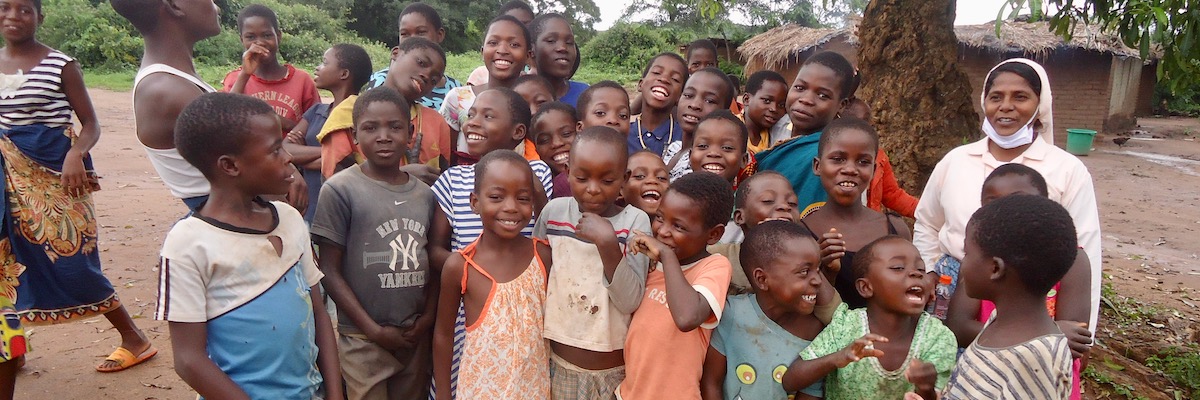
Malawi’s people have suffered from chronic malnutrition, high rates of infant mortality, and grinding poverty. Though it has rich, fertile land, much of it is owned by foreign enterprises who continue to exploit its natural resources. In addition, government policies within the agriculture industry tend to favor large estate owners. Working in 27 village and urban areas in the Mangochi district of Malawi, DMI focuses its work on economic empowerment and child development programs.
WOMEN’S EMPOWERMENT
DMI’s women’s empowerment programs are designed to alleviate poverty and hunger. Organized in self-help groups, women can create and support one another in a savings and loan program to improve their household income through income generating activities. In addition to organizing vocational training for women and young girls, women members are trained in business development to scale their small businesses. The groups also provide a platform where women can collectively solve community problems, and increase their civic engagement by encouraging participation in local government.
CHILD DEVELOPMENT
DMI’s child development programs have two prongs: encourage school attendance and improve academic success, and promote civic engagement.
Oftentimes a barrier to education, especially for those in poor, rural villages, is that families cannot afford to purchase basic supplies. DMI identifies vulnerable children and provides notebooks, stationeries, school bags and sandals to continue and complete their schooling. They also created learning centers (called Tuition Centers) in an effort to motivate children to encourage regular school attendance and improve academic performance. DMI also offers extracurricular activities through organizations competitive sports.
Civic engagement is also a fundamental skill that DMI instills in young children. Young students are organized in parliaments to develop their leadership skills and improve their decision-making skills so that they can use their voices to advocate for themselves and safeguard their rights. Children learn parliamentary procedures, and gain an understanding of governmental roles.
